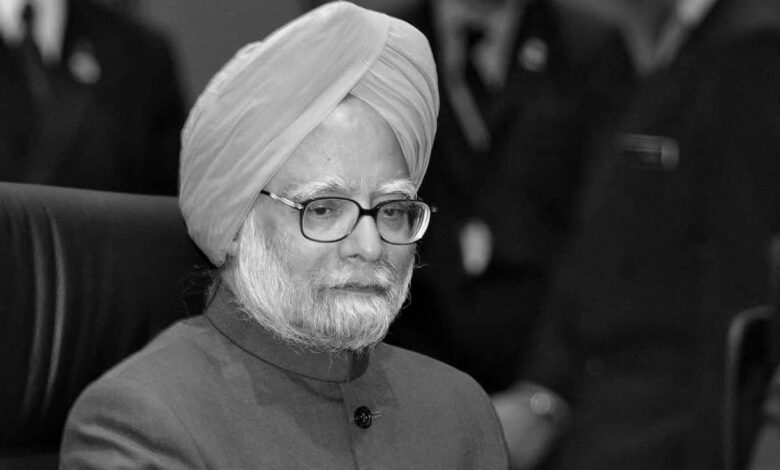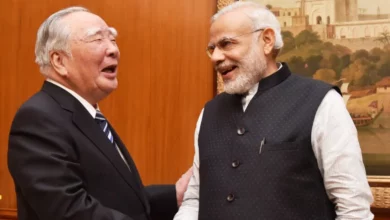
The Congress-led UPA coalition swept into power with enough strength, due to regional allies, to lead the government. Many would say in a stunning development, Sonia Gandhi-then presumptive Prime Minister-surprisingly decided to yield and step aside in favor of Manmohan Singh for what she said was “the inner voice.”
Italian parentage had been an issue for Sonia Gandhi in Indian politics for the last many years. Now, after the victory of the Congress, BJP leaders Sushma Swaraj and Uma Bharti resurrected the controversy; Swaraj threatened to hit the streets if Gandhi took up the top post.
But there was also considerable opposition internally. In the book, One Life Is Not Enough, former External Affairs Minister Natwar Singh narrated the intense moment in Mrs Gandhi’s residence where her son, Rahul, requested she not accept the position because of what happened to his father, Rajiv Gandhi, and grandmother, Indira Gandhi.
Gandhi’s refusal of the prime ministership cleared the way for Manmohan Singh, a surprise selection given his low-key nature and lack of grassroots political support. An internationally respected economist who had served as Finance Minister during the 1991 economic liberalization, Singh had gained a reputation in policy circles but had little or no experience in electoral politics, having lost a Lok Sabha seat in 1999.
Despite being termed the “Accidental Prime Minister,” during his decade-long tenure, Singh has a number of major accomplishments to his credit. During his regime, the then-government rolled out several revolutionary programs: RTI, MNREGA, and RTE.
Singh’s tenure in power was not without its problems. In 2008, his government had to go through a confidence vote when the Left parties withdrew their support for the Indo-US nuclear deal. Singh took a gamble with his political capital on the agreement, calling it crucial for India’s energy security, and won the vote of confidence by a thin margin.
In 2014, the UPA lost power to Narendra Modi’s BJP in a decisive election. Exiting public life with characteristic grace, Singh said, “I honestly believe history will be kinder to me than the contemporary media or, for that matter, the Opposition parties in Parliament.”



